How to make use of coffee sediment in winter
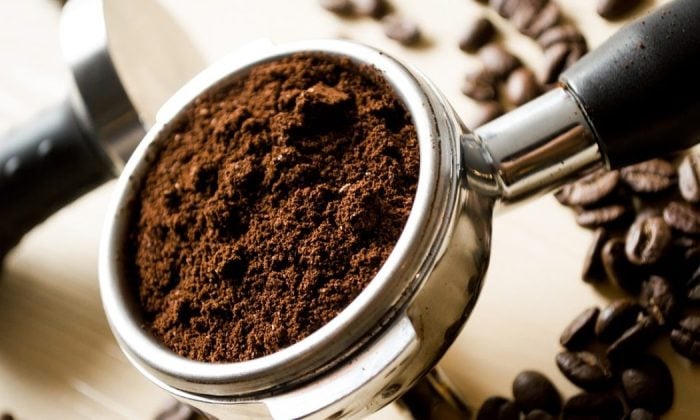
Did you like coffee? Of course you do! Many of us simply cannot do without coffee, right? Do you buy ground coffee or do you ground your own coffee at home? Well, it doesn’t matter if you use a machine to make coffee or just pour hot water over ground beans, you always have the ugly sediment left over.
The European Union even does coffee drinking statistics. According to the statistics, the average EU resident drinks approximately 90 litres of coffee per year, which is equivalent to about three kilos of sediment. That is a pretty large portion of sediment.
Coffee grounds as salt replacement
There are many tips advising us how to use the leftover coffee beans, for example as a fertilizer for flowers, a component for your compost, etc. But what about in winter, when all activities in the garden stop? Well here is a simple solution.
Photo: Pixabay
Do you use salt on your sidewalk to melt the snow in winter? If you do, you should be aware that it is bad for the surrounding environment. Many people do not like to use sand instead of salt, because it makes the sidewalk or the lawn around it look like the Sahara desert when the snow melts. So, next time try to use the leftover coffee grounds, preferably dried.
Coffee grounds are 100% biodegradable but they do increase the friction on snow and slush thereby reducing the risk of slipping. You probably will be surprised how well it works. And even though black coffee streaks on your sidewalks may look strange at the time, everything should disappear with the first spring rain – at the latest, and you will provide extra nutrients to your lawn.
Salt harms animals and the nature
There are several reasons to avoid the use of road salt (even in small amounts). As soon as water washes salt into the ground, it can disrupt water management system of plants, or their ability to absorb water from soil (this phenomenon is called a physiological drought). Plants like that are more susceptible to fungal attacks and may die eventually.
And what about animals? Salt will dry the skin on paws of animals and it may even create poorly healing wounds. And as for humans, we all know that it accelerates corrosion of vehicles and therefore we should be all thinking about salt replacements, even if we only do that in our immediate surroundings.
Preview photo: Pixabay

Gardening is my hobby, I have a lot of experience and I am happy to share it.
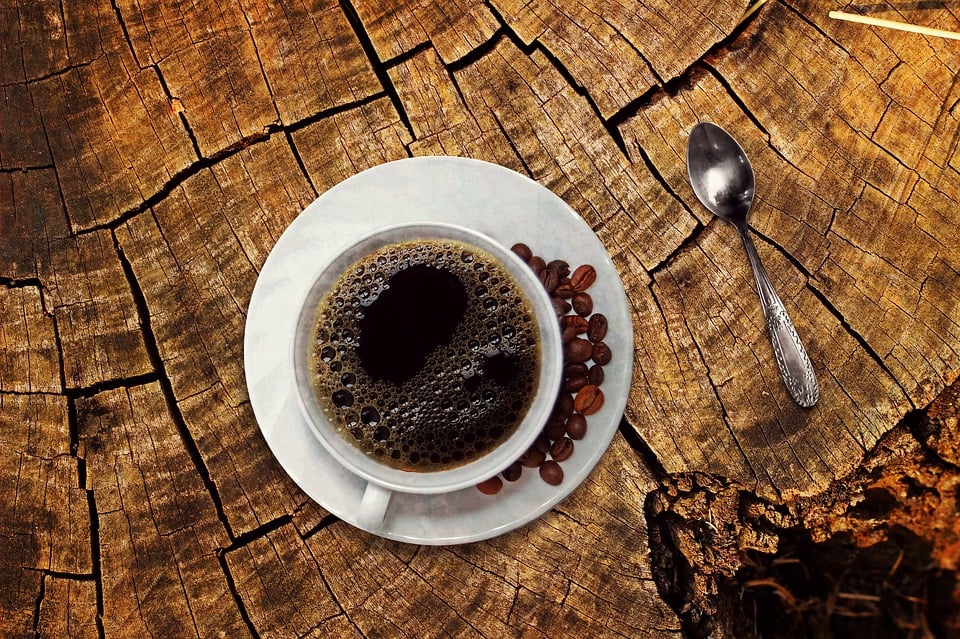


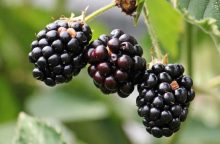
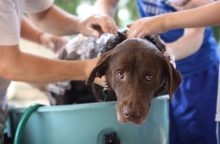
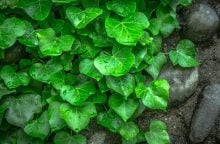

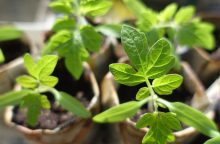
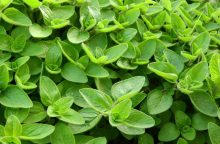
0 comments